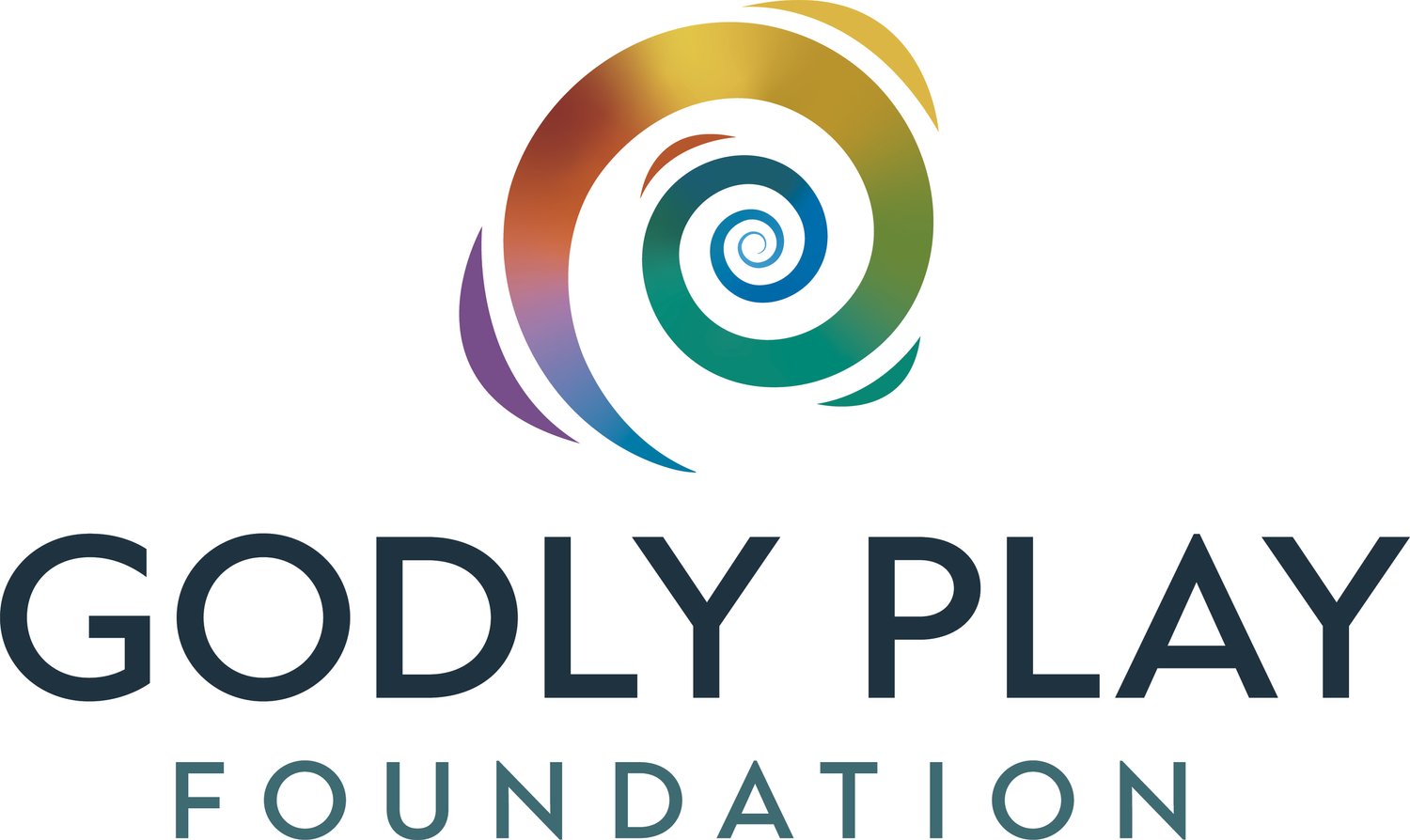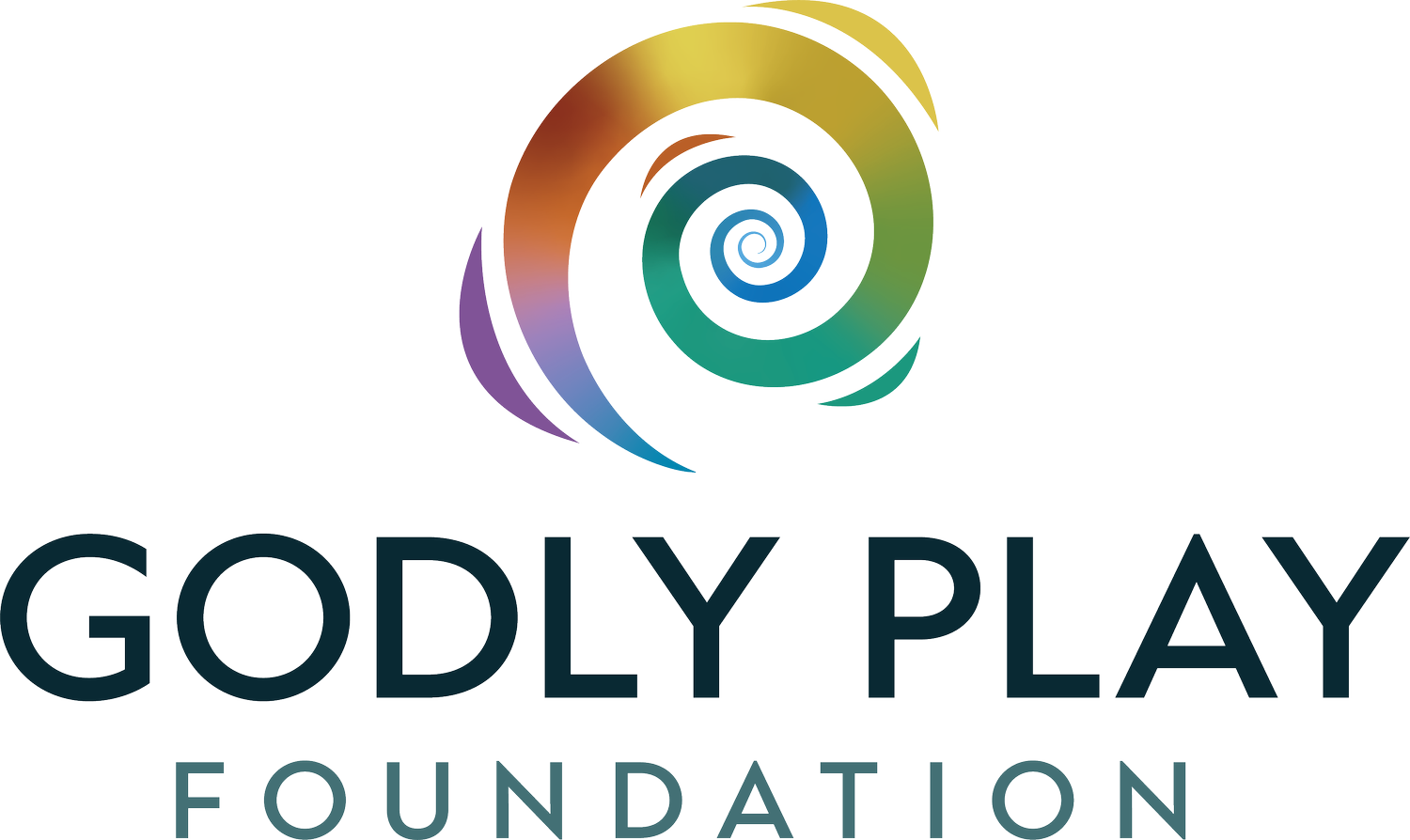The Gift of Myrrh
There was something about this baby’s death that was going to be important
A Reflection by the Rev. Cheryl V. Minor, Ph.D.
The Director of the Center for the Theology of Childhood for the Godly Play Foundation
Godly Players often talk about existential limits or issues. They are the things that frame our lives, those things we can’t get around, just because we’re human.
The four we most often think of are the limits of aloneness - we come into this world alone, even if we’re born with a twin – and no one else lives inside our skin; freedom – the lack of , and the fear of freedom; the search for meaning – who are we? how did we get here? what are we supposed to do? what’s it all about? and death.
The religious language we use and practice using to make meaning in a Godly Play session, is a way to make those concerns visible and tangible so we can work with them.
But no matter how prepared we think we are for these issues to come up in the circle, they can be difficult for even the most seasoned teacher. Jerome Berryman writes in his original book, “Godly Play,”
The teacher’s attitude toward existential issues is important. Experiences such as death, the threat of freedom, the need for meaning, or the unavoidable aloneness that marks us as human beings often raise the defenses of both adults and children. Awareness and permission work together to counteract such avoidance. (p. 64)
I was reminded of this when I presented the Epiphany lesson which highlights the gifts of the Magi to a group of three, four and five-year olds last week. The children were mesmerized by the candles and the smells of the frankincense. But things shifted when I brough out the myrrh and said,
Here is the myrrh. This is sometimes burned at funerals, and sometimes it is placed with the dead for their burial. There was something about this baby’s death that was going to be very important.
A little girl looked at me wide-eyed and said, “Why does the baby die? Do babies die?”
I shouldn’t have been surprised. I just said that the baby died. It was an old story for me and I knew the rest of it, but for this little girl it was all new.
I felt my heart begin to pound, and kept my eyes on the burning myrrh in front of me as I tried to quiet myself and think of what to say. Before I could speak another little girl said, “Babies do die. Sometimes they die in their Mommy’s belly.”
Now my heart began to pound harder. Clearly this child knew something about the loss of a pregnancy – maybe in her own home. I knew it was crucially important that I honored the moment, but how?
As I waited for my heart to quiet, I found these words from the story of the Holy Family: “Yes. The baby grew to be a man and died on the cross for us. That was very sad.”
I was tempted to go on and tell the whole story of Easter, but something told me to stop. It seemed important to simply name that death was indeed sad – especially for the child who named the pregnancy loss.
What happened next? The circle was simply quiet as we all thought about that for a moment. And then I went on with the story.
We can’t be prepared for everything the children will say, but I hope this story will help you take time when it happens. Whatever is said may raise something for others in the circle. It is important to wait and see what that might be before jumping to respond. At the same time, it gives you time to grapple with your own upset in the moment; to let the pounding of your heart quiet down so you can hear the still small voice inside that has something to say in that moment. I am thankful for the words of the story that came out of the depths of my heart in that moment. We really do have all that we need.



